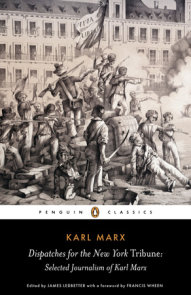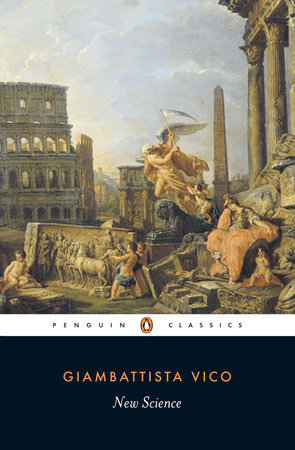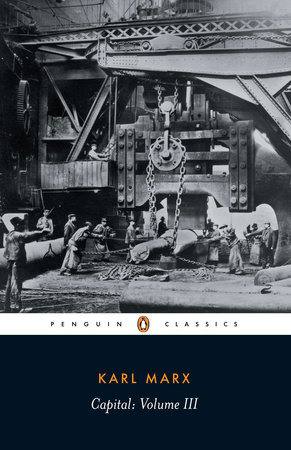

Capital
By Karl Marx
Introduction by Ernest Mandel
Translated by David Fernbach
By Karl Marx
Introduction by Ernest Mandel
Translated by David Fernbach
Category: Business | Classic Nonfiction | Politics

-
$23.00
Mar 02, 1993 | ISBN 9780140445701
Buy the Paperback:
YOU MAY ALSO LIKE

Search for a Method
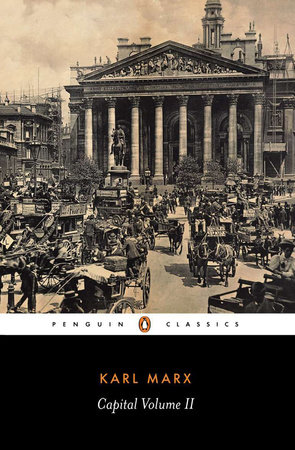
Capital
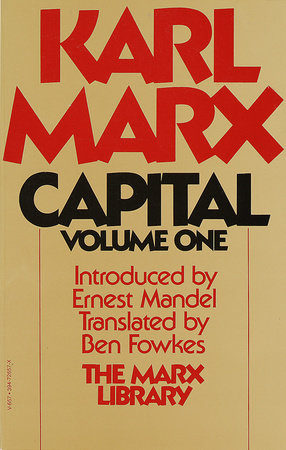
Capital

Romances
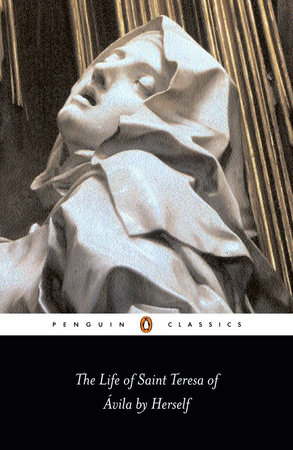
The Life of Saint Teresa of Avila by Herself

Hermit in Paris
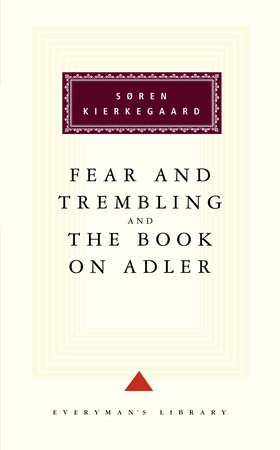
Fear and Trembling and The Book on Adler
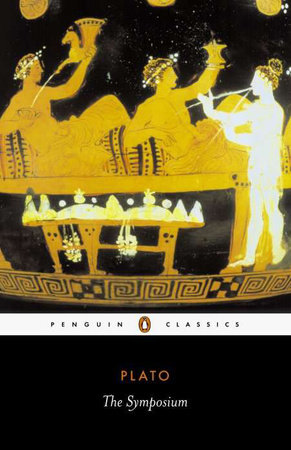
The Symposium

Tao Te Ching
Table Of Contents
Introduction by Ernest Mandel
Preface (Frederick Engels)
BOOK III: THE PROCESS OF CAPITALIST PRODUCTION AS A WHOLE
PART ONE: THE TRANSFORMATION OF SURPLUS-VALUE INTO PROFIT, AND OF THE RATE OF SURPLUS-VALUE INTO THE RATE OF PROFIT
Chapter 1: Cost Price and Profit
Chapter 2: The Rate of Profit
Chapter 3: The Relationship between Rate of Profit and Rate of Surplus-Value
Chapter 4: The Effect of the Turnover on the Rate of Profit
Chapter 5: Economy in the Use of Constant Capital
1. General Considerations
2. Saving on the Conditions of Work at the Workers’ Expense
3. Economy in the Generation and Transmission of Power, and on Buildings
4. Utilization of the Refuse of Production
5. Economy through Inventions
Chapter 6: The Effect of Changes in Price
1. Fluctuations in the Price of Raw Material; Their Direct Effects on the Rate of Profit
2. Revaluation and Devaluation of Capital; Release and Tying-Up of Capital
3. General Illustration: The Cotton Crisis 1861-5
Chapter 7: Supplementary Remarks
PART TWO: THE TRANSFORMATION OF PROFIT INTO AVERAGE PROFIT
Chapter 8: Different Compositions of Capital in Different Branches of Production, and the Resulting Variation in Rates of Profit
Chapter 9: Formation of a General Rate of Profit (Average Rate of Profit), and Transformation of Commodity Values into Prices of Production
Chapter 10: The Equalization of the General Rate of Profit through Competition. Market Prices and Market Values. Surplus Profit
Chapter 11: The Effects of General Fluctuations in Wages on the Prices of Production
Chapter 12: Supplementary Remarks
1. The Causes of a Change in the Price of Production
2. The Production Price of Commodities of Average Composition
3. The Capitalist’s Grounds for Compensation
PART THREE: THE LAW OF THE TENDENTIAL FALL IN THE RATE OF PROFIT
Chapter 13: The Law Itself
Chapter 14: Counteracting Factors
1. More Intense Exploitation of Labour
2. Reduction of Wages below their Value
3. Cheapening of the Elements of Constant Capital
4. The Relative Surplus Population
5. Foreign Trade
6. The Increase in Share Capital
Chapter 15: Development of the Law’s Internal Contradictions
1. General Considerations
2. The Conflict between the Extension of Production and Valorization
3. Surplus Capital alongside Surplus Population
4. Supplementary Remarks
PART FOUR: THE TRANSFORMATION OF COMMODITY CAPITAL AND MONEY CAPITAL INTO COMMERCIAL CAPITAL AND MONEY-DEALING CAPITAL (MERCHANT’S CAPITAL)
Chapter 16: Commercial Capital
Chapter 17: Commercial Profit
Chapter 18: The Turnover of Commercial Capital. Prices
Chapter 19. Money-Dealing Capital
Chapter 20: Historical Material on Merchant’s Capital
PART FIVE: THE DIVISION OF PROFIT INTO INTEREST AND PROFIT OF ENTERPRISE
Chapter 21: Interest-Bearing Capital
Chapter 22: Division of Profit. Rate of Interest. "Natural" Rate of Interest
Chapter 23: Interest and Profit of Enterprise
Chapter 24: Interest-Bearing Capital as the Superficial Form of the Capital Relation
Chapter 25: Credit and Fictitious Capital
Chapter 26: Accumulation of Money Capital, and its Influence on the Rate of Interest
Chapter 27: The Role of Credit in Capitalist Production
Chapter 28: Means of Circulation and CApital. The Views of Tooke and Fullarton
Chapter 29: Banking Capital’s Component Parts
Chapter 30: Money Capital and Real Capital: I
Chapter 31: Money Capital and Real Capital: II (Continuation)
1. Transformation of Money into Loan Capital
2. Transformation of Capital or Revenue into Money that is Transformed into Loan Capital
Chapter 32: Money Capital and Real Capital: III (Conclusion)
Chapter 33: The Means of Circulation under the Credit System
Chapter 34: The Currency Principle and the English Bank Legislation of 1844
Chapter 35: Precious Metal and Rate of Exchange
1. The Movement of the Gold Reserve
2. The Exchange Rate
Chapter 36: Pre-Capitalist Relations
PART SIX: THE TRANSFORMATION OF SURPLUS PROFIT INTO GROUND-RENT
Chapter 37: Introduction
Chapter 38: Differential Rent in General
Chapter 39: The First Form of Differential Rent (Differential Rent I)
Chapter 40: The Second Form of Differential Rent (Differential Rent II)
Chapter 41: Differential Rent II – First Case: Price of Production Constant
Chapter 42: Differential Rent II – Second Case: Price of Production Falling
1. With the Productivity of the Extra Capital Investment Remaining Constant
2. A Falling Rate of Productivity for the Extra Capital
3. A Rising Rate of Productivity for the Extra Capital
Chapter 43: Differential Rent II – Third Case: Rising Price of Production. Results
Chapter 44: Differential Rent Even on the Poorest Land Cultivated
Chapter 45: Absolute Ground-Rent
Chapter 46: Rent of Buildings. Rent of Mines. Price of Land
Chapter 47: The Genesis of Capitalist Ground-Rent
1. Introduction
2. Labour Rent
3. Rent in Kind
4. Money Rent
5. Share-Cropping and Small-Scale Peasant Ownership
PART SEVEN: THE REVENUES AND THEIR SOURCES
Chapter 48: The Trinity Formula
Chapter 49: On the Analysis of the Production Process
Chapter 50: The Illusion Created by Competition
Chapter 51: Relations of Distribution and Relations of Production
Chapter 52: Classes
Supplement and Addendum to Volume 3 of Capital (Frederick Engels)
1. Law of Value and Rate of Profit
2. The Stock Exchange
Quotations in Languages Other than English and German
Index of Authorities Quoted
General Index
Note on Previous Editions of the Works of Marx and Engels
Chronology of Works by Marx and Engels
21 Books You’ve Been Meaning to Read
Just for joining you’ll get personalized recommendations on your dashboard daily and features only for members.
Find Out More Join Now Sign In










